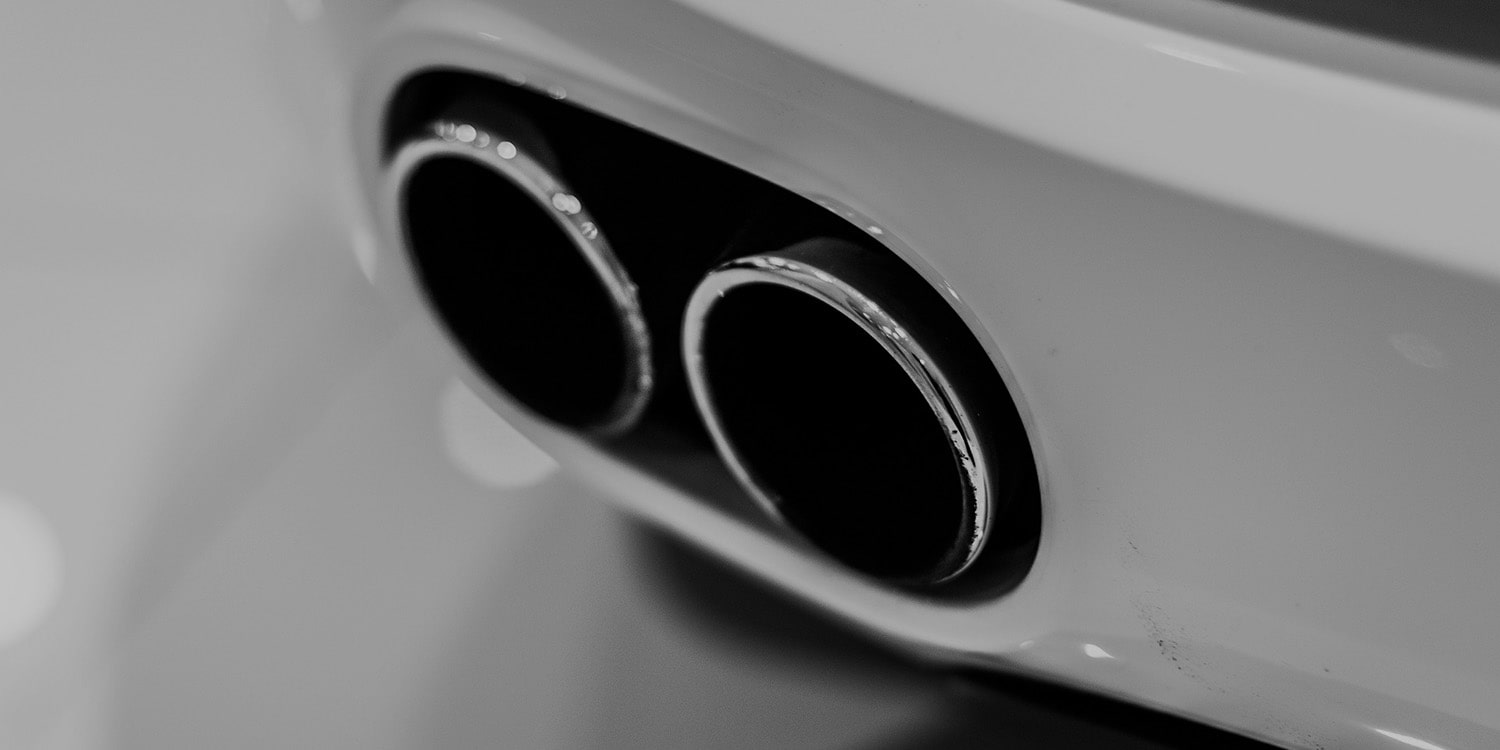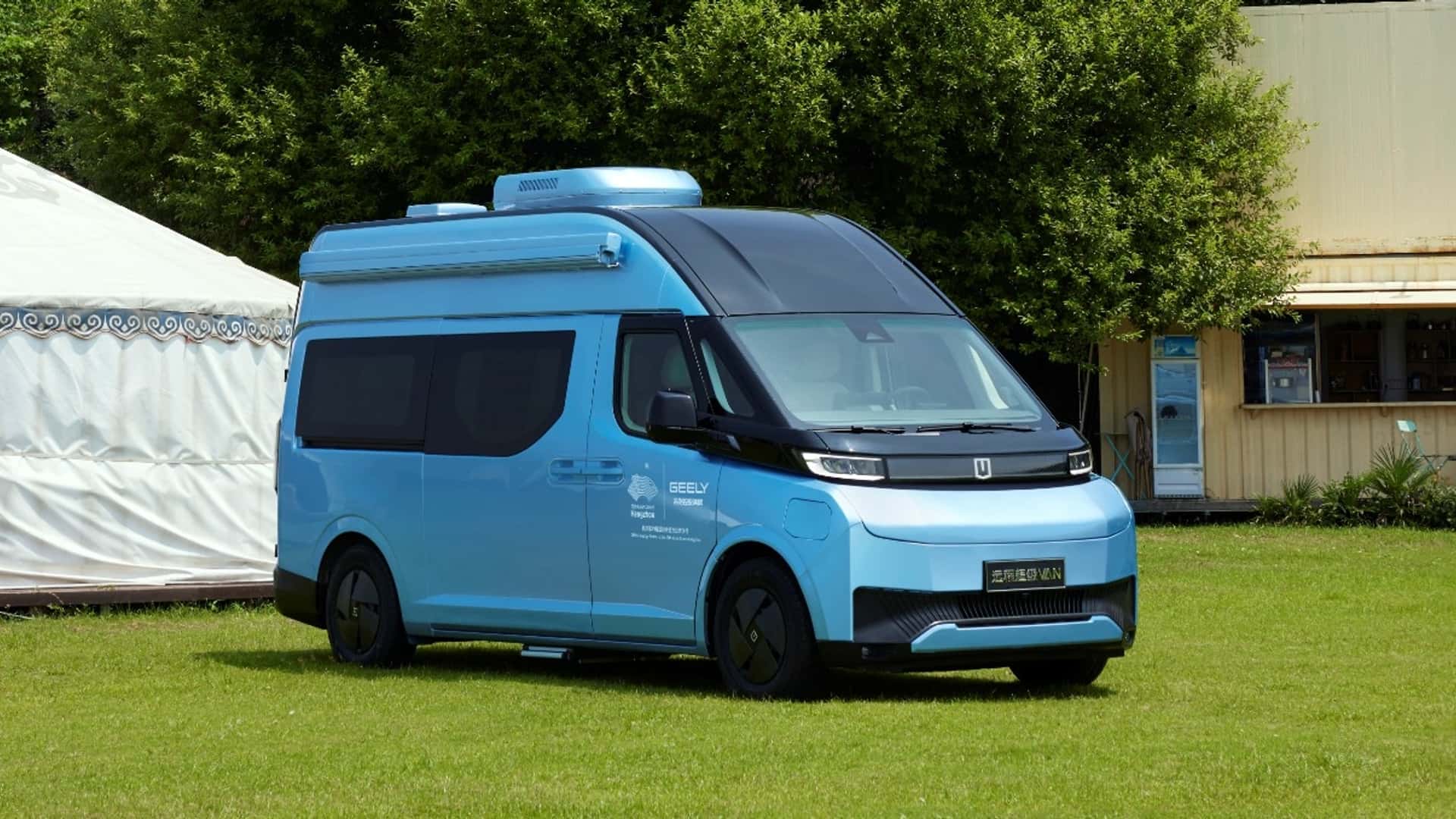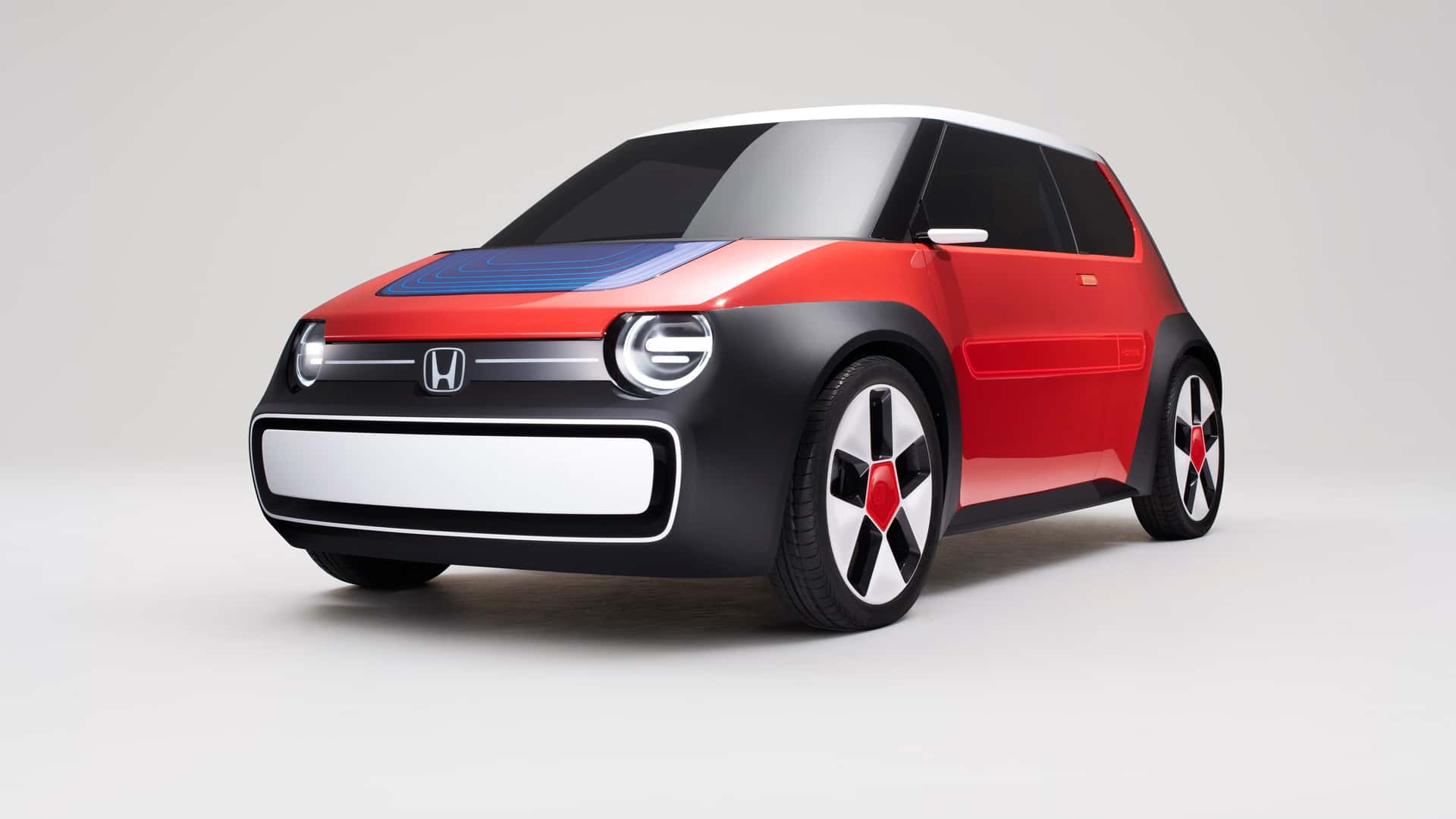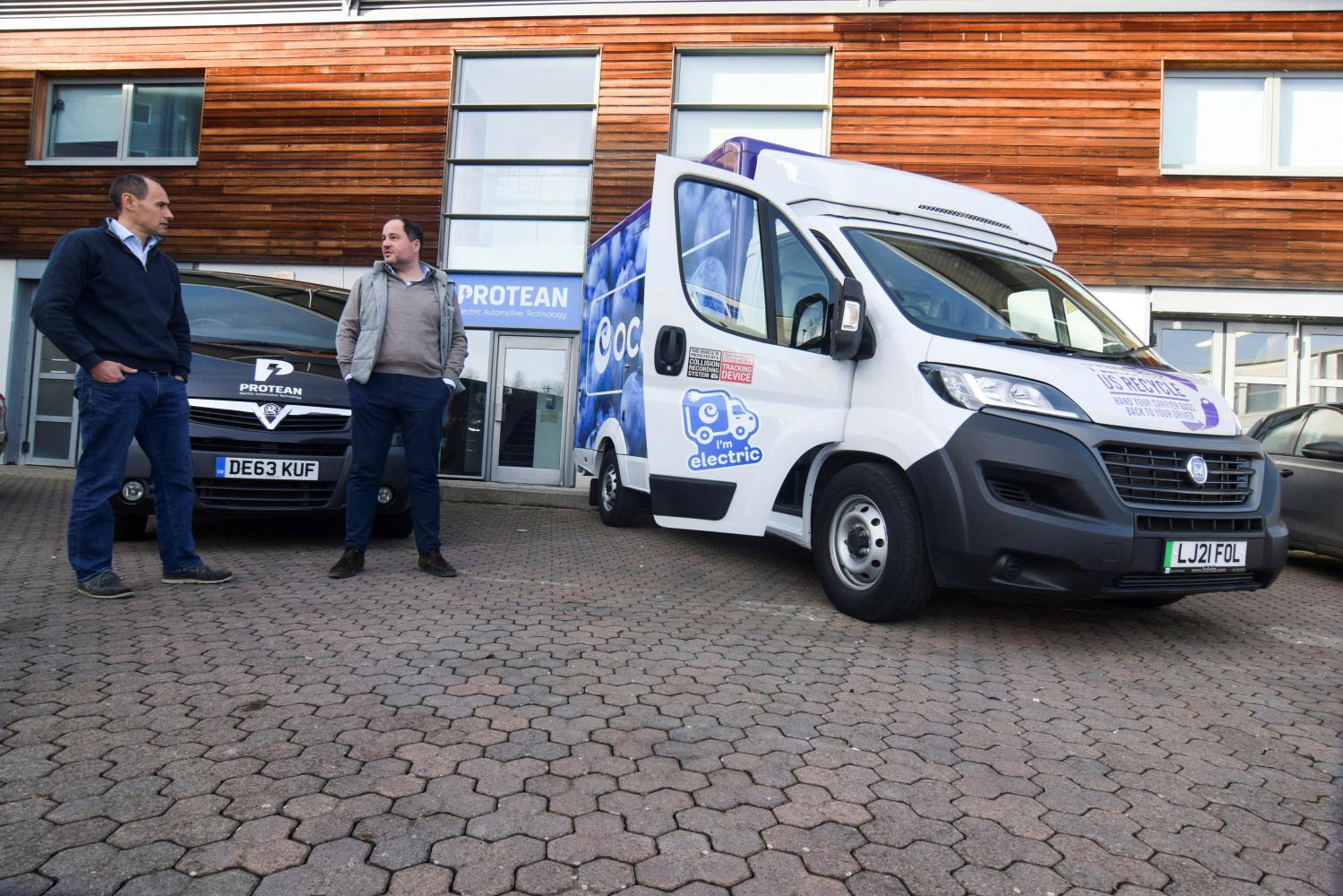In a pivotal development concerning emission standards for vehicles in the European Union (EU), ministers from EU member states have reached a unified stance on the proposed Euro 7 emission standard. The European Commission is now poised to engage in negotiations with the EU Parliament to finalize the agreement, with talks set to commence once the Parliament defines its position.
The agreed-upon Euro 7 proposal, however, represents a diluted version compared to the initial propositions put forth by the EU Commission in November 2022. Notably, Euro 7, as accepted by ministers, would essentially maintain emission levels on par with the existing Euro 6 standard. Euro 6, which has been in effect since 2014, predominantly focuses on exhaust emission tests under milder conditions, omitting examination of emission-intensive scenarios like cold starts, a key facet that the EU Commission had sought to include.
The rationale behind the softened stance, as articulated by the Council of the European Union, is the concern that stricter regulations could strain the resources of the automotive industry, particularly those needed for the development of electric vehicles (EVs). Several EU member states, including Italy, France, and the Czech Republic, echoed this sentiment and opposed more stringent rules, citing the need to safeguard the automotive supply chain and the unique high-end production characteristic of Italian manufacturers such as Ferrari, Lamborghini, and Maserati, renowned symbols of ‘Made in Italy’ craftsmanship, collectively producing approximately 50,000 vehicles annually, according to Italian Industry Minister Adolfo Urso.
Nonetheless, the consensus among EU countries also incorporates certain elements from the Commission’s initial proposal. Euro 7 will establish emission limits relevant to electric vehicles, including particulate emissions originating from tires and brakes. Additionally, it will introduce minimum durability requirements for electric vehicle batteries.
Germany, however, has expressed dissatisfaction with the agreed-upon position, deeming it “not ambitious enough,” as emphasized by the Environment Ministry. Germany’s efforts to push for exemptions for synthetic fuels, a stance led by the Ministry of Transport under the FDP, were also unsuccessful. Notably, the new EU emissions directive will not encompass so-called ‘e-fuels.’
The next phase in the process involves the EU Parliament formulating its position on the Euro 7 standard. Subsequently, negotiations will ensue among the EU Council (representing member states), the EU Parliament, and the EU Commission to determine the final version of the emission standard. The intended goal is for Euro 7 to be implemented by 2025, although the Council of the European Union has acknowledged the challenge of this timeline, referring to it as “unrealistic.” It is crucial to note that the points discussed reflect the EU Council’s position and do not constitute a final decision at this stage.







